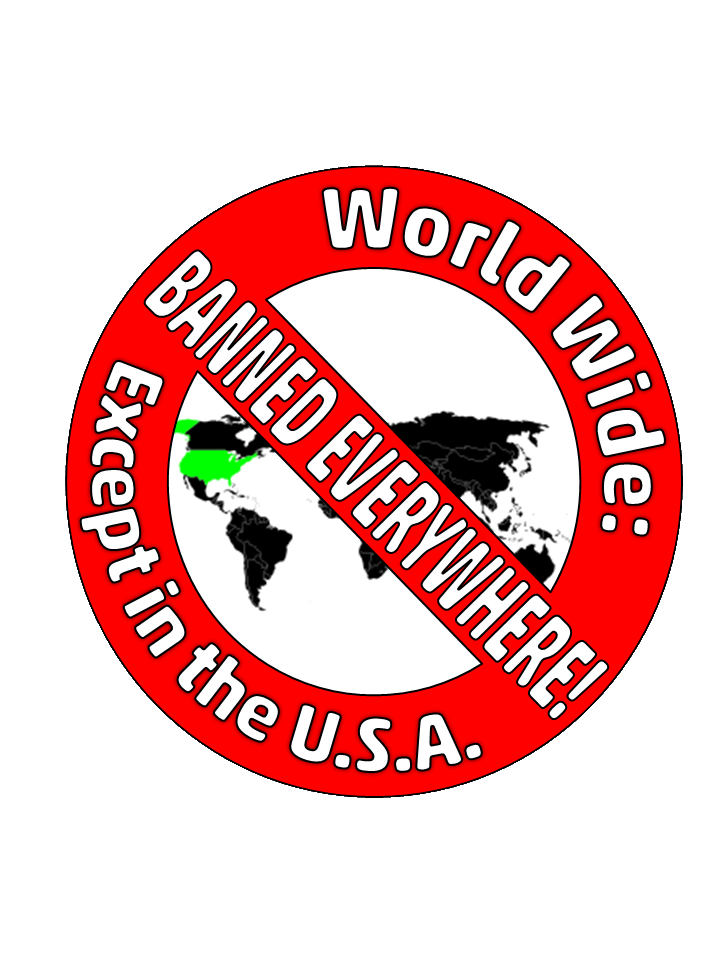
What is Parody?
Parody is one of the most protected forms of speech under the First Amendment to the Constitution of the United States, but not everywhere else! A parody is a new work that derives from someone else’s prior work, and casts new light on the original. In order to count as a parody, rather than a lesser-protected satire, a new work’s commentary or criticism must be directed at the original work from which it derives, and not exclusively at other targets, such as society in general.
The songs in this volume are parodies of well-known standards, show tunes, and pop songs. (They are often also satires as well, of the same or other targets). The original versions of these songs are protected under domestic and international copyright law. They are used here under the Parodic Fair Use exception outlined by the United States Supreme Court in Campbell v. Acuff-Rose Music, Inc., 510 U.S. 569 (1994).
In 1989 the well-known rap group 2 Live Crew published a parody song and music video entitled “Pretty Woman” of the Roy Orbison song “Oh, Pretty Woman” for commercial gain over the objection of and without compensation to the copyright holder, Acuff-Rose Music, Inc. In the 2 Live Crew parody, the “Pretty Woman” character was played by a hairy drag queen, and included the un-subtle line (I quote from Justice Souter’s opinion), “Big hairy woman, you need to shave your stuff.” Acuff-Rose Music, Inc. sued for copyright infringement, seeking, among other remedies, to ban distribution. The U.S. Supreme Court reversed a lower court ruling to find in favor of Luther Campbell, 2 Live Crew and Luke Skywalker Records, establishing a precedent that parody—even parody of an entire work for commercial gain—is a “Fair Use” within the meaning of § 107 of the Copyright Act of 1976.

Most copyright law is governed by international treaties. However, the protection of parody songs relied upon in this publication is derived from United States Supreme Court decisions interpreting the Constitution of the United States of America, and does not necessarily extend across international boundaries. Consequently, these parodies ARE NOT AUTHORIZED for distribution in any form outside the jurisdiction of the Supreme Court of the United States of America.
|
Click to purchase a copy of my book from any of these retailers: |
|||||||
 |
|||||||
 |
|||||||
 |
|||||||